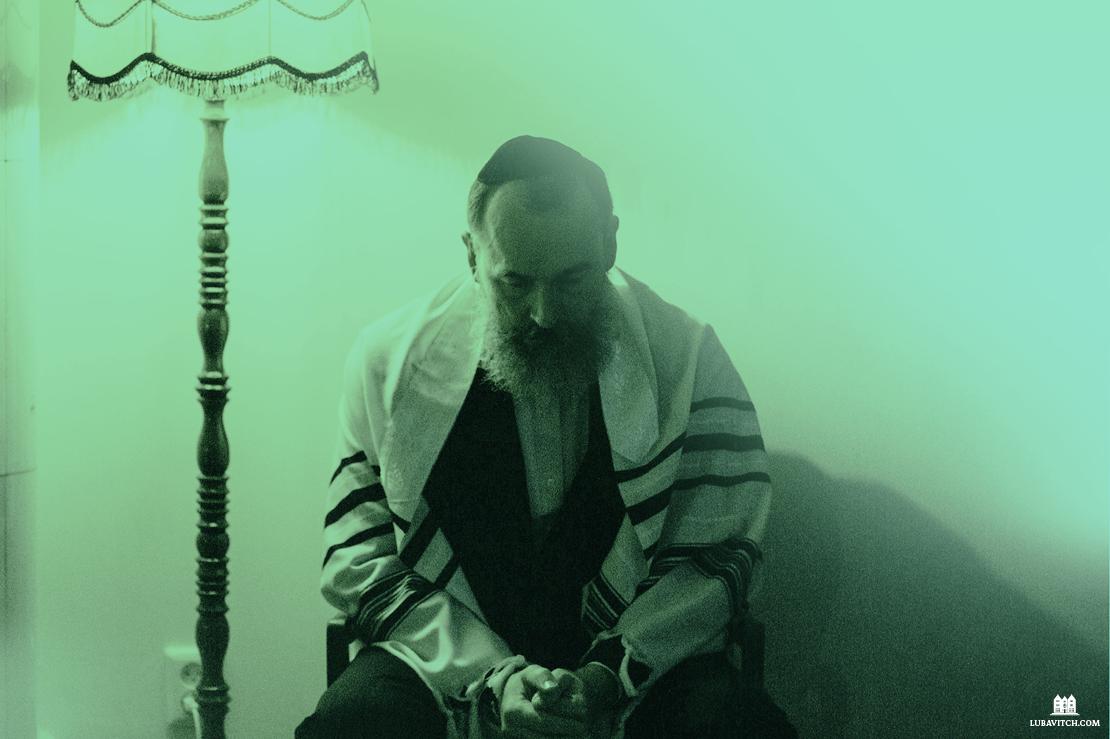When the venerable sage, Rabbi Chiya bar Abba, fell ill, his friend and colleague, Rabbi Yochanan, visited him and asked, “Is your suffering dear to you?” Rabbi Chiya answered soberingly, “Not the suffering, nor its reward.” So Rabbi Yochanan said, “Give me your hand,” he extended his hand and Rabbi Yochanan restored him to health. Sometime later, Rabbi Yochanan himself fell ill. His friend and colleague Rabbi Chanina visited him and asked him a familiar question, “Is your suffering dear to you?” Rabbi Yochanan also answered matter of factly, “Not the suffering, nor its reward.” So Rabbi Chanina said, “Give me your hand.” He extended his hand and Rabbi Chanina restored him to health.
Upon concluding this story, the Talmud (Berakhot 5b) asks an intriguing question. Rabbi Yochanan was able to restore his friend’s health when his friend was ill, so why couldn’t he do the same for himself? Why did Rabbi Yochanan require a visit from Rabbi Chanina to do for him what he had already done for someone else? The Talmud answers, “A prisoner cannot free himself from jail.”
There are multiple interpretations of this succinct but powerful statement. Perhaps one is that the darkest prison of all is the prison of loneliness. If you cannot ask for or receive the help of another person, then no matter what freedoms you may have, you remain in jail. “A prisoner cannot free himself from jail” because the independent attempt at finding freedom is itself a jail.
The Surgeon General recently released a report on what they refer to as an epidemic of loneliness in the United States. In the past few years, other countries have released similar findings as well. Research is showing that people spend less time socializing than they did twenty years ago and more people report living without a close and trusted friend or family member to confide in. The report details the ill-effects of loneliness and its many harmful symptoms.
This time period, leading up to the High-Holidays, is a time for teshuva, re-turning to connection and relationship. Chassidus teaches that there are two forms of re-turning to connection related to two forms of disconnection. The first form of disconnect is conflict, argument, and hurt. In this context, teshuva means acknowledging, addressing, and repairing issues. Seeking forgiveness for the mistakes we’ve made and creating the space to forgive those who have hurt us.
The second form of disconnect is when relationships go dark from the over-emphasis of individualistic pursuits. Careers, wealth, personal recognition, or even individualistic spirituality and self-help/development take precedence over our interpersonal relationships. As relationship researcher, Dr. Sue Johnson, comments, Western society has taught us that dependency is a dirty word.
In this context, teshuva is about re-claiming the urgency of relationships and connection. Recognizing that we need each other in order to live and that we need to reorder our priorities to place relationships at the center around which everything else revolves.
We tend to read the Talmudic passage above and assume that the rabbis healed one another by performing a supernatural miracle of sorts. This is entirely possible, of course. But perhaps their illness was a form or a symptom of loneliness and they restored each other’s health by reconnecting. After all, the effects of extending your hand into the warm embrace of another are among the most miraculous and supernatural phenomenon imaginable.

Be the first to write a comment.